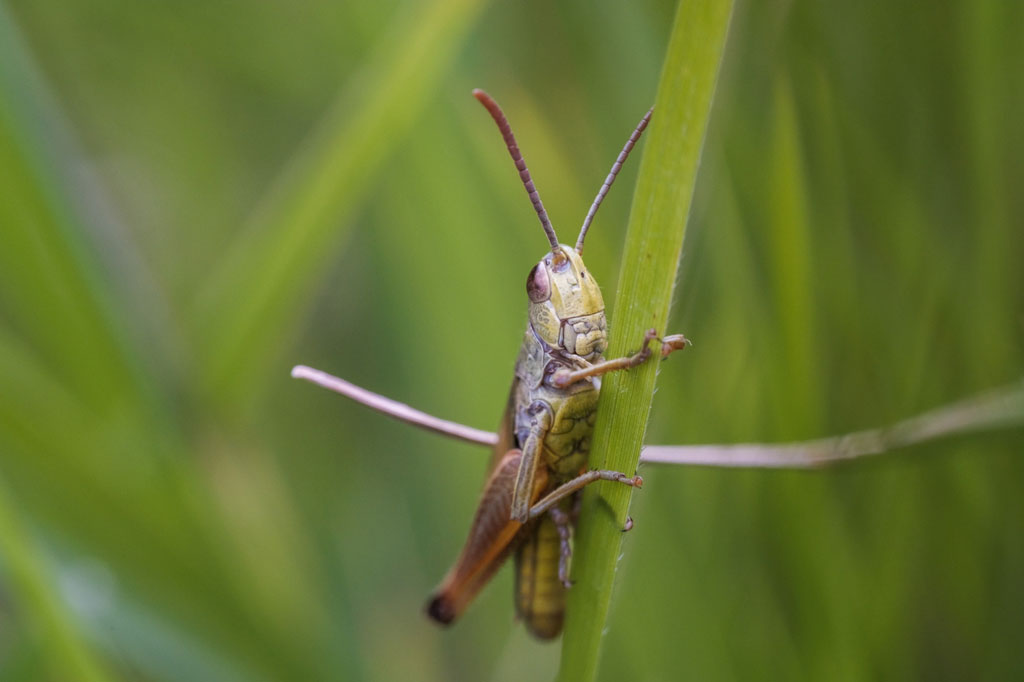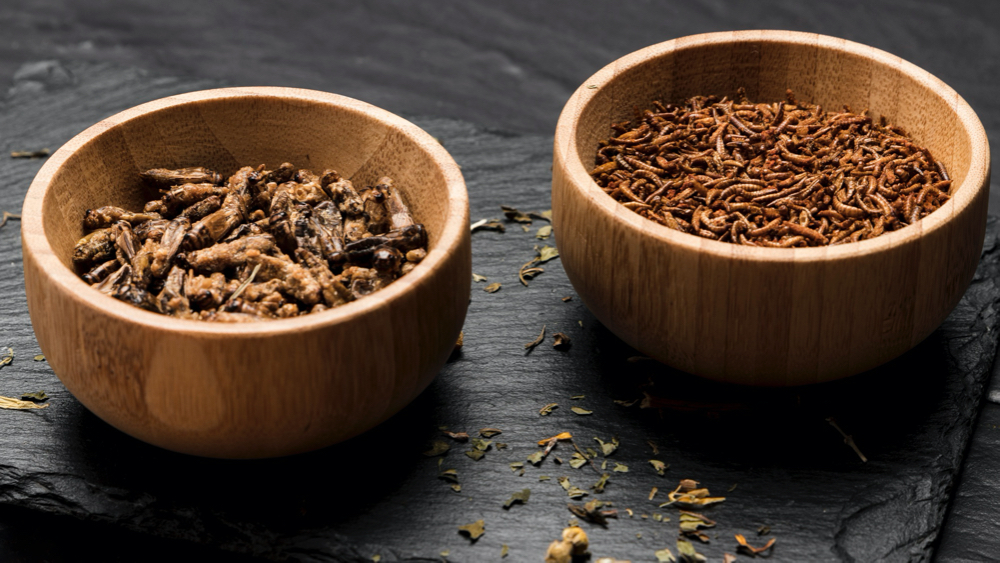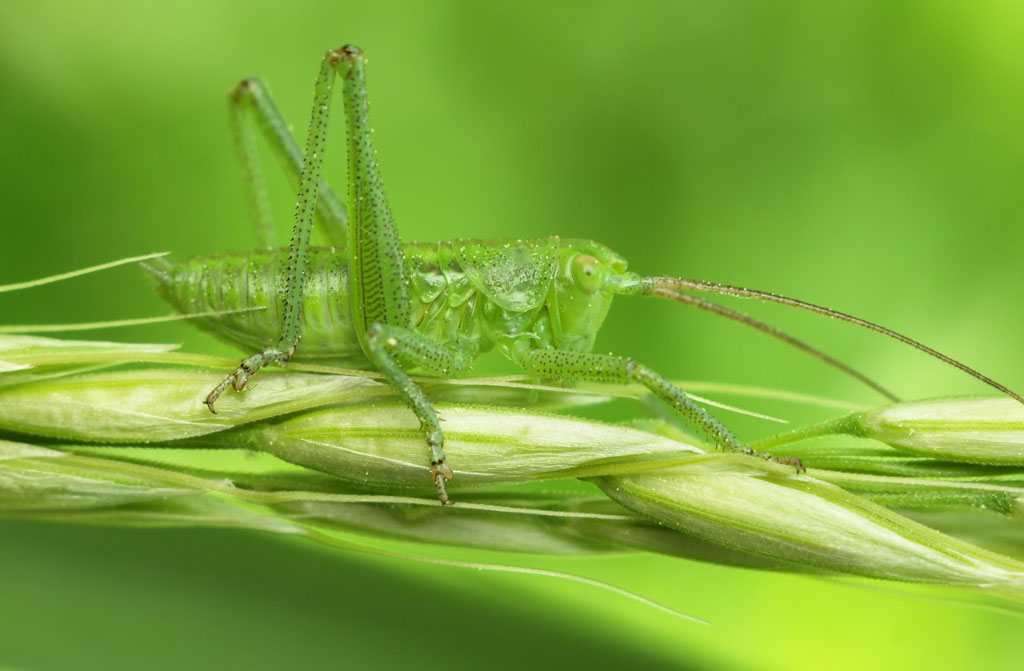The Rising Trend of Edible Insects
In recent years, the consumption of edible insects has gained global attention as a sustainable and efficient source of nutrition. Grasshoppers have been a traditional delicacy in several cultures, valued for their flavor and nutritional content. Sustainability Benefits: These insects are not only a healthy food choice but also contribute to lower greenhouse gas emissions and water consumption, making them an eco-friendly alternative to conventional livestock.
Assessing Nutritional Variations in Grasshoppers
Researchers set out to examine how different diets (alfalfa and maize) affect the nutritional composition of Sphenarium purpurascens, a species of edible grasshopper consumed in Mexico. The study compared the chemical composition, amino acid profiles, protein digestibility, and mineral content of grasshoppers fed on two different diets.

Edible Grasshoppers: Dietary Influence on Nutritional Content
Fiber and Chitin Content:
Grasshoppers fed on alfalfa exhibited a higher content of insoluble dietary fiber compared to those fed on maize. This fiber primarily includes chitin, a beneficial form of insoluble fiber found in the insect’s exoskeleton.
Fat and Protein Analysis:
Significant differences were observed in the fat content between the two groups. Grasshoppers fed on alfalfa had a higher fat content, which is essential for providing energy and supporting cell growth. Additionally, maize-fed grasshoppers showed a higher crude protein content.
Mineral Composition:
Interestingly, the mineral content, including essential nutrients like calcium and iron, did not significantly differ between the two dietary groups.

Implications for Nutritional Quality and Digestibility
Protein Quality:
The study found that alfalfa-fed grasshoppers had a better amino acid profile, with a higher essential amino acid index and biological value, indicating a superior protein quality.
Digestibility:
Grasshoppers from both diets showed high in vitro protein digestibility, comparable to that of meat, suggesting that they are an excellent source of digestible protein.
Potential of Diet-Controlled Edible Insects
The study concludes that the diet of grasshoppers significantly influences their nutritional value, with alfalfa proving to be a better feed in enhancing the overall nutritional quality of the grasshoppers. This opens avenues for designing insect-based foods with controlled diets to increase their nutritional value, providing a sustainable and nutritious food source.


